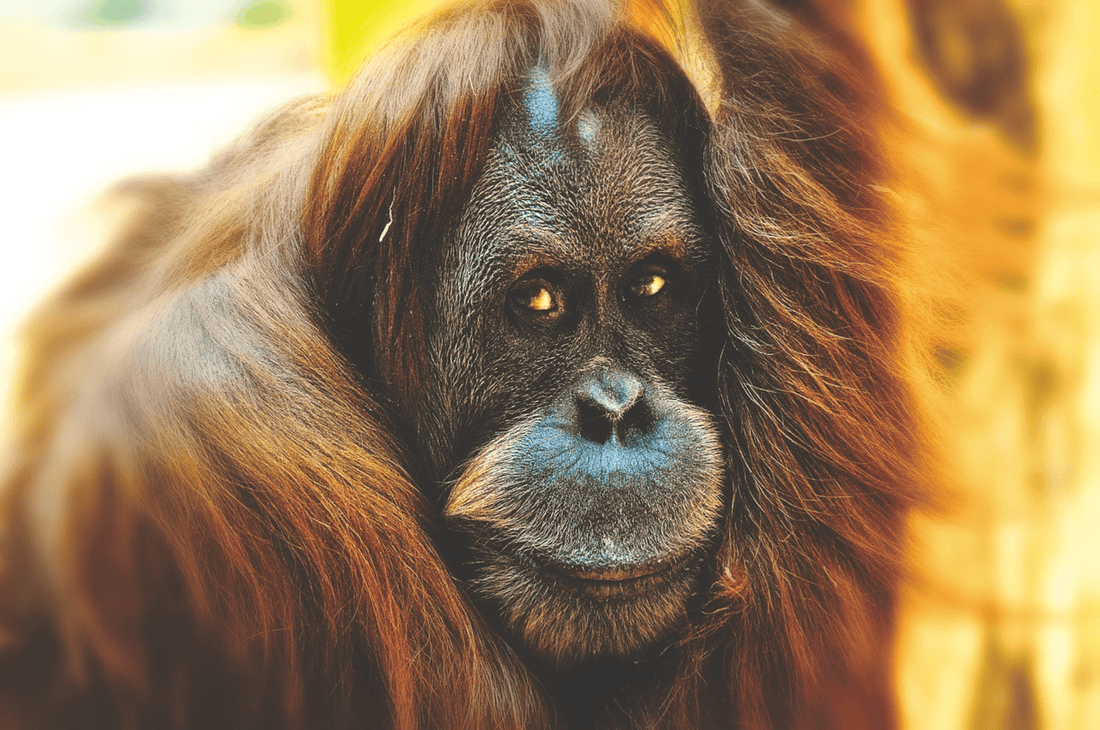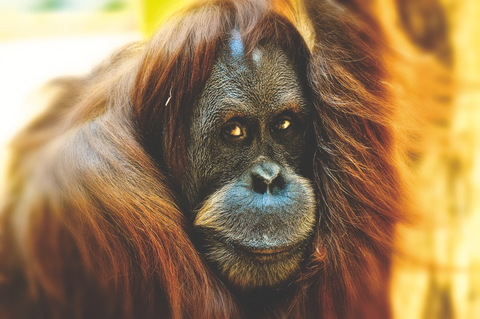The rainforest. The lungs of the earth and at the same time the habitat of an unimaginable diversity of species. The forest is being cleared worldwide for various purposes, unhindered. And so its endangered inhabitants are disappearing with it.
The rainforest. The lungs of the earth and at the same time the habitat of an unimaginable diversity of species. The forest is being cleared worldwide for various purposes, unhindered. And so its endangered inhabitants are disappearing with it.
Rainforests, which once occupied a large part of the land around the equator, now form only 3% or 4% of the Earth's total land area. Yet half of all animal species live here - that is, the animals we know. Yet it is clear that we do not even know about many animal species, and at least as many plants, in the rainforest! It is therefore impossible to say exactly how great the species richness in tropical forests really is. This makes the threat to the rainforest and the loss of large areas all the more serious.
Why do tropical forests provide the perfect habitat for so many animal species?
A question that is easy to answer: in tropical forests there is plenty of water, a more or less constant temperature that never really gets too cold, and accordingly lots of vegetation. For herbivorous animal species, this is a land of milk and honey in which they thrive. A richly laid table for predators. At the same time, there are so many biological niches in the earth's rainforests that numerous animal "specialists" have been able to settle here. For example, insects that only inhabit the bark or branch forks of certain trees. Many animal species are so perfectly adapted to their own niche that they can only survive in the rainforest, perhaps even only in a very specific area of the rainforest.
A perfect ecosystem
Tropical forests are perfectly balanced ecosystems. They are the green lungs and water reservoirs of the planet. Their preservation is the only way for the animals living in them (and incidentally many indigenous peoples) to maintain their natural way of life. Because let's face it - zoos are not a "natural" environment for animals. Conversely, wildlife is also important for the survival of tropical forests, because the complex biological cycle in the rainforest depends on a multitude of insects, birds, scavengers and predators. If just one tiny part is missing, the entire apparatus goes into a tailspin.
Endangered tropical wildlife
The deforestation of large areas affects ALL animal species living there. We can follow in the media how severely the orangutans in Sumatra and Borneo are threatened, and know about the decline in numbers of large predatory cats in South America. The gorillas in Africa - and other primates - are also being pushed back more and more by deforestation or end up as "bush meat" on the village market.
The destruction goes next
Although attempts have been made since the 1990s to halt the loss of forests, 29,100 square kilometres of rainforest were destroyed in the Brazilian part of the Amazon in 2019 alone. Irretrievably. The consequences for the wildlife, flora and indigenous peoples of the tropics in Africa, Asia and South America are not yet even foreseeable. Countless species of plants and animals that we have not even met yet are disappearing.
In addition, poaching is affecting the species. Animals are hunted for trophies or for their horns and teeth. Exotic animals sell well in some places as "pets" or for arranged hunts. The trade is lucrative, although only a fraction of the poor "passengers" survive the terrible, because illegal, transports.
Raise more awareness!
We have to look more closely. We must realise that everything that is destroyed is irretrievably lost - for us, but even more so for all generations after us. They will have to live without the riches we have squandered, at least as long as they live. Because what many people don't realise is that we are not saving nature. When man has made the earth uninhabitable and extinct, nature will bring forth new life. Possibly new rainforests. And they will be safe from us!
About NIKIN - and what we do for the forests
At NIKIN, we are committed to doing something to ensure that the world's forests continue to provide animals and plants with the habitat they need. That's why we support the work of our partner organisation OneTreePlanted. With every purchase at NIKIN, you donate a tree! In this way, you help to prevent the rainforest from disappearing completely with very little money.





















